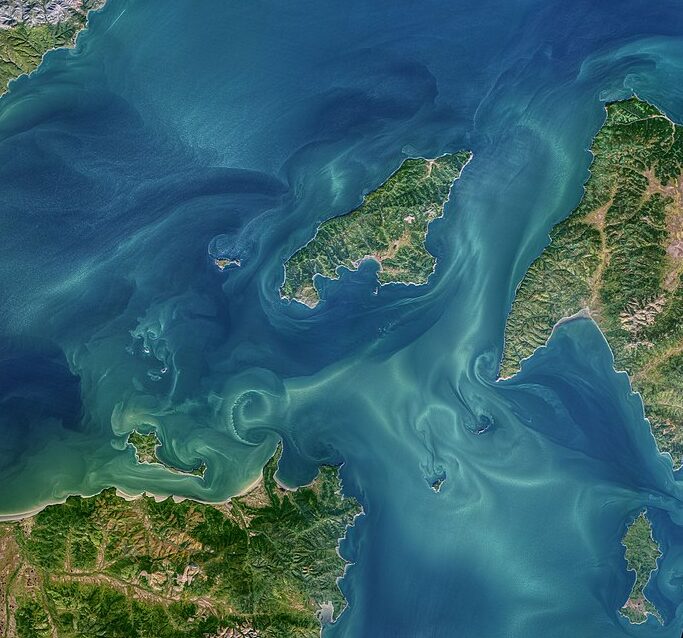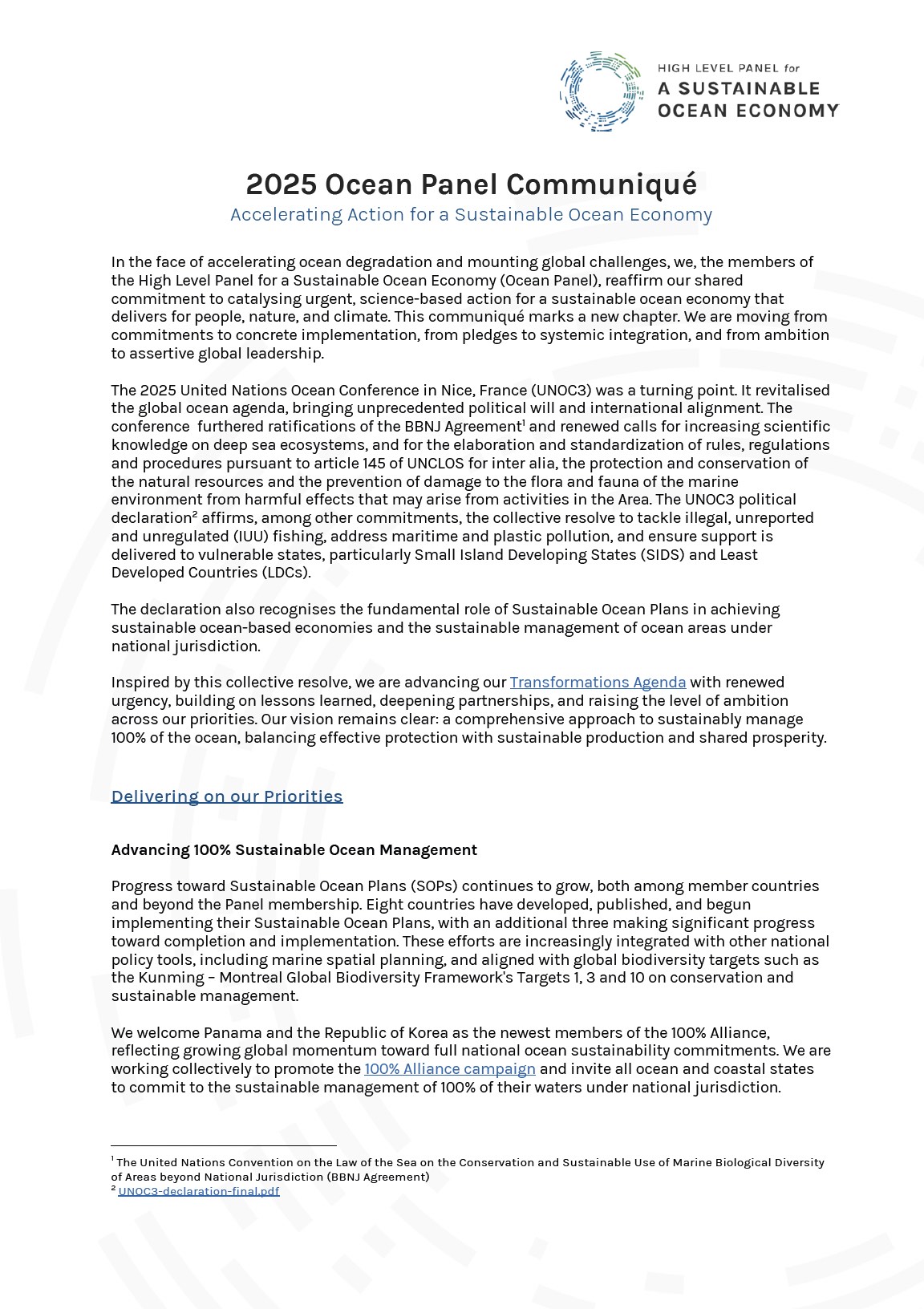Building a sustainable ocean economy is dependent on sustained, coordinated ocean data. The OECD’s recent report on “The Ocean Economy to 2050” underscores the critical role of ocean observation in fostering a sustainable and prosperous ocean economy and a productive and healthy ocean. Ocean observation is fundamental for understanding ocean and climate state and changes, monitoring ecosystem health and biodiversity, tracking pollution, and predicting extreme events. Observation underpins maritime safety and navigation, ocean food production, ocean energy production, marine protection and ocean-based tourism.
A rapidly changing ocean is causing more frequent and dramatic ocean hazards: we see more extreme weather, coastal flooding, storm surges, dead zones and an increasing rate of sea level rise. These are affecting coastal communities as well as ocean industries. At the same time ocean changes are expanding the number of hazards impacting marine resources such as marine heatwaves, acidification, harmful algal blooms and the invasion of pest species impacting ecosystems and the sustainability of fisheries, aquaculture, tourism and communities reliant on these ecosystems. Strengthening and enhancing ocean observation, data collection and scientific research is critical to understand, predict and mitigate these growing hazards.
Our ocean knowledge deficit must be addressed. With 36 essential variables identified by the Global Ocean Observing System (GOOS) to monitor the ocean and with only 25% of the seabed mapped, ocean exploration and the importance of observation networks need to be reinforced and expanded. But currently the global ocean observing system is at risk from disinvestment. As members of the High-Level Panel for a Sustainable Ocean Economy, we therefore support the much-needed fortification and geographical expansion of the Global Ocean Observing System as critical for acquiring the data needed for sustainable ocean management, protection of ecosystems and preparedness for increasing ocean hazards. We emphasise the importance of mobilising more investments in ocean observing and data infrastructure, and the important coordination role of the GOOS Secretariat. We will also facilitate better public and private ocean data accessibility policies.


 Précédent
Précédent



